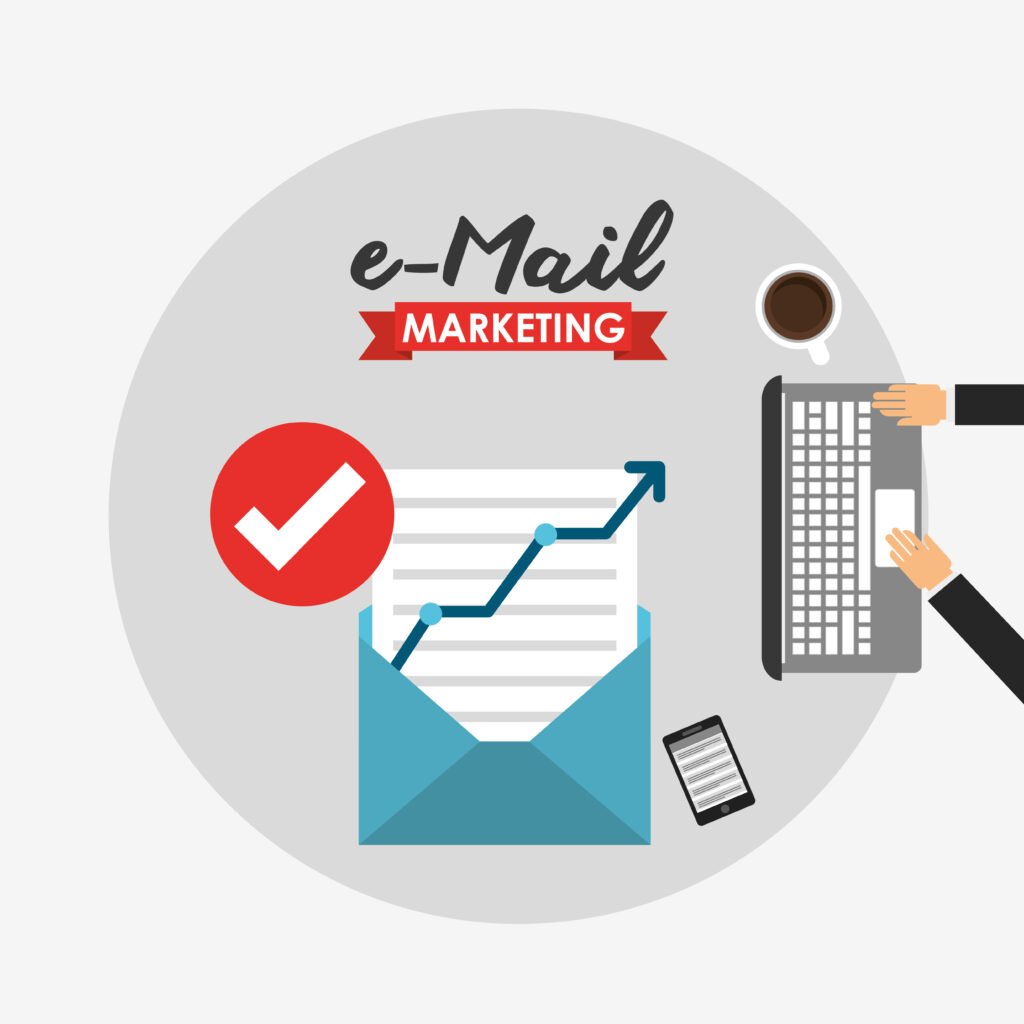Email marketing remains a powerful tool for businesses of all sizes. It allows for targeted outreach, relationship building, and effective promotion of products and services. However, with great power comes great responsibility. Email marketing regulations and compliance are crucial aspects to consider to avoid hefty fines and reputational damage.
This article serves as a comprehensive guide for businesses looking to navigate the ever-evolving landscape of email marketing regulations and compliance. We’ll explore key regulations, best practices for obtaining consent, and maintaining a healthy subscriber list.
Why Email Marketing Regulations and Compliance Matter
Email marketing regulations and compliance are not just about avoiding fines. They are about respecting user privacy and building trust with your audience. When users receive unsolicited emails, it can lead to frustration and a negative perception of your brand. Following compliance guidelines ensures your emails reach the right inboxes and fosters positive customer relationships.
Here’s a breakdown of the benefits of adhering to email marketing regulations and compliance:
- Avoid hefty fines: Non-compliance with regulations like the CAN-SPAM Act in the US can result in significant financial penalties.
- Protect your reputation: Building trust with your audience is essential. Spammy tactics can damage your brand image.
- Increase engagement rates: People are more likely to open and interact with emails they opted-in to receive.
- Improve deliverability: Compliance practices help ensure your emails reach their intended recipients and avoid spam filters.
Key Email Marketing Regulations to Consider
Several regulations govern email marketing practices around the world. Here are some of the most prominent ones:
- CAN-SPAM Act (US): The Controlling the Assault of Non-Solicited Pornography And Marketing Act sets the foundation for commercial email regulations in the United States. It outlines requirements for email content, identification, and unsubscribe mechanisms.
- General Data Protection Regulation (GDPR) (EU): This regulation applies to any organization processing the personal data of individuals residing in the European Union. For email marketing, GDPR mandates explicit consent from users and provides them with the right to access, rectify, and erase their data.
- CASL (Canada): Canada’s Anti-Spam Legislation (CASL) regulates commercial electronic messages. Similar to CAN-SPAM, it requires consent, identification, and unsubscribe options.
It’s important to note that these are just a few examples. Depending on your business location and target audience, additional regulations might apply.
Building a Compliant Email List: Getting Consent Right
The cornerstone of email marketing regulations and compliance is obtaining legitimate consent from users. Here are some best practices to follow:
- Double Opt-In: This process requires users to confirm their subscription after submitting their email address. It adds a layer of verification and ensures users genuinely want to receive your emails.
- Clear and Concise Opt-In Forms: Your opt-in forms should clearly explain what users are signing up for. Mention the frequency of emails and the type of content they can expect.
- Pre-checked Opt-In Boxes? Avoid Them!: Pre-checked opt-in boxes are a big no-no. Users should actively choose to subscribe.
Maintaining a Healthy Subscriber List
Building a compliant email list goes beyond just obtaining consent. Here’s how to maintain a healthy list that fosters positive engagement:
- Segmentation: Segment your list based on user preferences and interests. This allows for targeted email campaigns that resonate with your audience.
- Regular Cleaning: Remove inactive subscribers from your list. This improves deliverability rates and ensures you’re reaching engaged recipients.
- Re-engagement Campaigns: If you notice a decline in engagement, consider re-engagement campaigns. Offer valuable content or exclusive promotions to rekindle user interest.
Email marketing regulations and compliance might seem complex, but by following these basic guidelines, you can ensure your email marketing efforts are legal, ethical, and most importantly, effective.
Additional Tips for Staying Compliant
Here are some additional tips to navigate email marketing regulations and compliance:
- Stay Updated: Regulations can change, so stay informed about updates and revisions to relevant laws.
- Invest in Email Marketing Software: Many email marketing platforms offer built-in compliance features to help you manage your list and unsubscribe requests.
- Seek Legal Counsel: If you have any doubts or operate in a complex regulatory environment, consider consulting with a lawyer specializing in digital marketing law.
By following these tips and best practices, you can leverage the power of email marketing while staying on the right side of email marketing regulations and compliance. Remember, a permission-based and compliant approach to email marketing is the key to building trust and boosting engagement.
Pro Tip
Want to build compliant email lists and manage your subscribers with ease? Try ConvertKit for free today!


